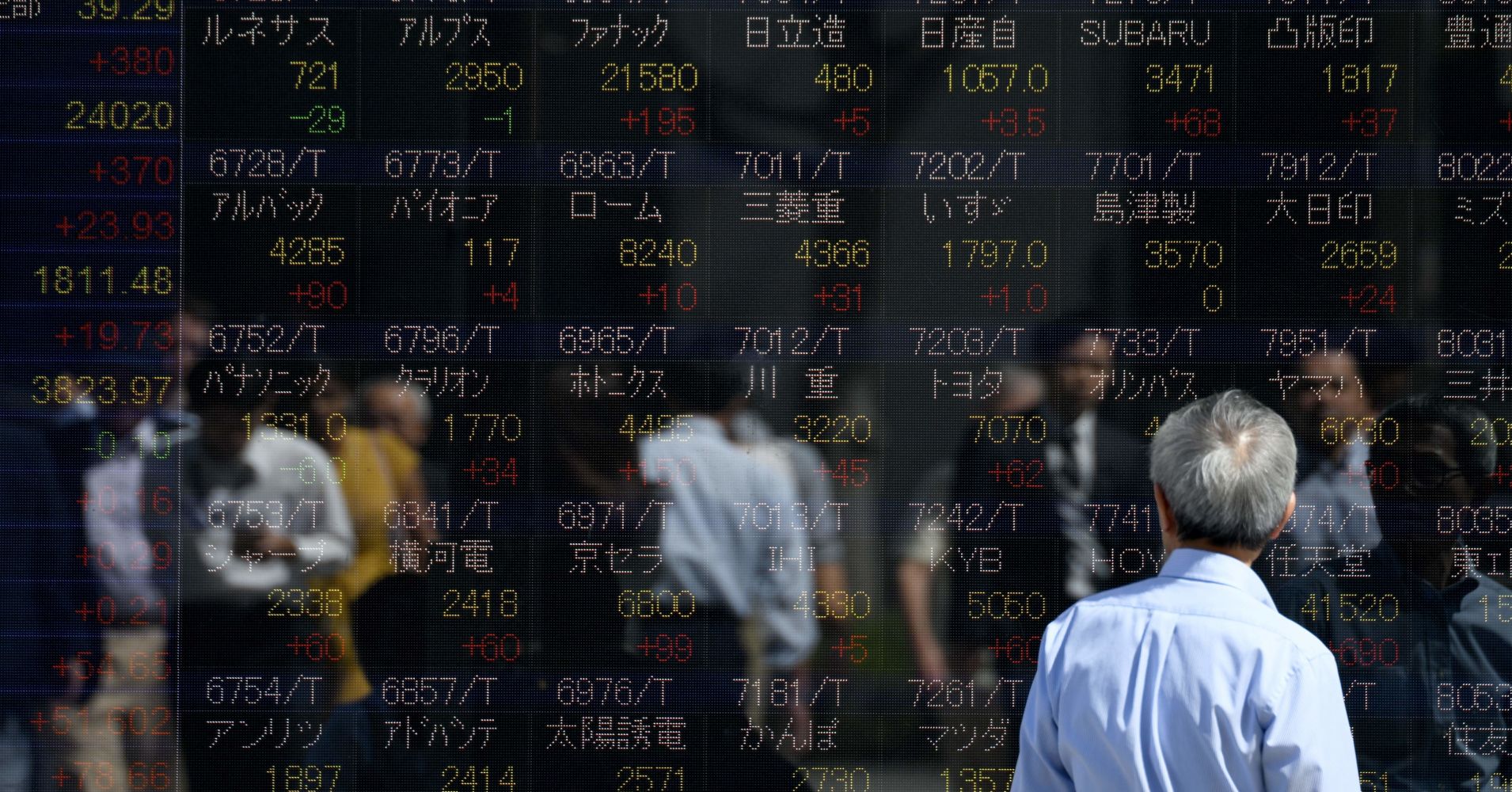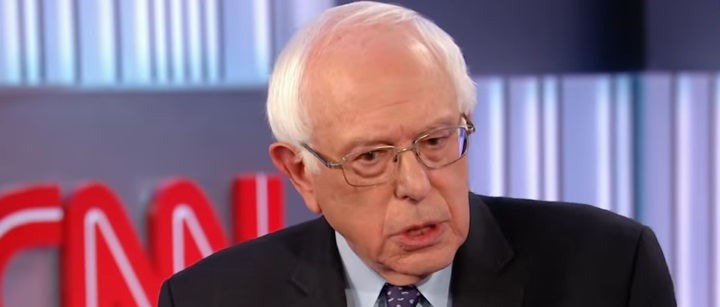
Markets in Asia were mixed in Thursday afternoon trade amid a spate of geopolitical concerns ranging from escalating tensions between India and Pakistan to U.S.-China trade uncertainty. Meanwhile, U.S. President Donald Trump and North Korean leader Kim Jong Un met Thursday for a second day of nuclear talks in Vietnam.
Mainland Chinese stocks were mixed by the end of the morning session, with the Shanghai composite declining 0.35 percent, while the Shenzhen component advanced 0.112 percent. The Shenzhen composite rose 0.168 percent.
Hong Kong’s Hang Seng index was up 0.1 percent as shares of China Construction Bank slipped 0.42 percent.
The moves came after China’s factory activity declined for the third consecutive month in February. The official Purchasing Manager’s Index slipped to 49.2 in February, data showed on Thursday — its weakest since February 2016. The 50-point index mark separates expansion from contraction on a monthly basis.
Japan’s Nikkei 225 declined 0.36 percent while the Topix shed 0.35 percent in afternoon trade, as shares of robot maker Fanuc fell around 2.1 percent.
In South Korea, the Kospi slipped 0.38 percent as industry heavyweight Samsung Electronics and chipmaker SK Hynix saw their stock drop 2.14 percent and 4.61 percent, respectively, following a slump in semiconductor stocks overnight stateside which saw the VanEck Vectors Semiconductor ETF (SMH) decline by about 1 percent.
Australia’s ASX 200 recovered from earlier losses to rise around 0.1 percent as the sectors traded mixed.
Taiwan’s stock markets are closed on Thursday for a holiday.
Overnight on Wall Street, stocks stateside touched their lows in the Wednesday session as U.S. Trade Representative Robert Lighthizer hinted that a trade deal was not yet certain, saying that any agreement would need to be more than just purchases by China.
“It’s not clear yet that (Trump’s) got a win on that China trade deal,” Richard Martin, managing director at IMA Asia, told CNBC’s “Squawk Box” on Thursday, adding that the U.S. president was the “only one actually who’s saying he’s got a win” in his tweets.
“We’ve yet to see what the Chinese are gonna say and no one has a clue what are in the documents that are being put together,” Martin said.
Trade tensions between the U.S. and China eased this week after President Donald Trump pushed back a closely-watched deadline on adding additional tariffs on Chinese goods.
On the geopolitical front, investors are watching for developments in the ongoing tensions between India and Pakistan, after both sides carried out airstrikes against each other.
“India-Pakistan relationships took a precarious turn yesterday over border skirmishes involving both countries’ army and air forces. Questions arise over whether such instances can leave lasting impact on markets,” said DBS Group Research in a note. “Developments are fluid and uncertain at this junction.”
Past instances, however, have showed that the majority of such tensions between the two countries had a “short-lived and localised” impact, they said.
Meanwhile in Vietnam, Trump and Kim are expected to participate in a “joint agreement signing ceremony” on Thursday, according to the White House. The two leaders met for a second day Thursday to continue their nuclear talks in Hanoi.
“What’s interesting to me is, particularly in the last 48 hours, almost all of Trump’s public statements have been all carrot and no stick,” Frank Lavin, CEO of Export Now and former U.S. ambassador to Singapore, told CNBC’s “Street Signs” on Thursday. “It’s been all sort of smiles and goodwill publicly, right, which signals that he’s looking for something.”
“My good advice for Chairman Kim (is) to say this might be … the most warmth you’re ever going to get from the United States so you might wanna … take advantage of it and try to move that relationship ahead a little bit,” Lavin said.
The U.S. dollar index, which tracks the greenback against a basket of its peers, was at 96.096 after touching lows below 95.9 yesterday.
The Japanese yen, often viewed as a safe-haven currency, traded at 110.89 against the dollar after weakening from levels below 110.4 yesterday. The Australian dollar changed hands at $0.7148 after slipping from the $0.719 handle in the previous session.
Oil prices traded lower in the afternoon of Asian trading hours. The international benchmark Brent crude futures contract slipped 0.3 percent to $66.19 per barrel. U.S. crude futures were fractionally lower at $56.91 per barrel.
— Reuters and CNBC’s Fred Imbert contributed to this report.

